Don’t Rush to "Lose the Baby Weight": Gentle Weight Loss Tips for Postpartum Moms
In this Mother's Day special blog post, I am sharing my postpartum weight loss journey and some tips that worked for me. I am also discussing why you beautiful mamas should not rush to lose the baby weight and what matters more than the numbers you see on the scale.
TENDER LOVING CARE FOR MOMS & KIDS
Sheri Anne Maximille Cabañes-Madayag
5/11/202513 min read
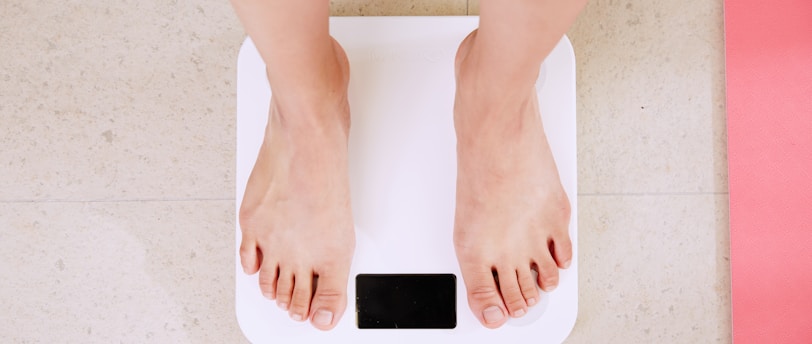
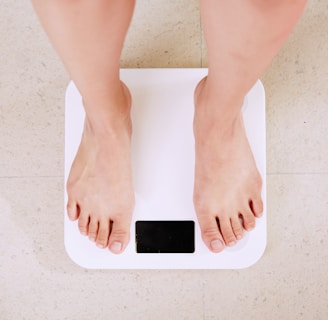
Note: This post is for informational purposes only and is not a substitute for professional medical advice. Please speak with your healthcare provider about your specific health concerns.
Happy Mother's Day to all the amazing mamas out there! 🎉
I wrote this blog post to honor the moms who always do their best to take good care of their families.
Have you ever felt overwhelmed with the changes in your life and body since becoming a mom? I feel you, mama.
We moms face the pressure of "bouncing back" after childbirth. One of the most common expectations is that we "lose the baby weight" fast.
Here's what I want you to know: Don't start an exercise regimen and go on a diet simply because you want to lose weight and look good.
Sustainable weight management and a healthy lifestyle should go beyond losing the baby weight. I’ll walk you through what truly matters next because you’re worth more than just a number on the scale.
The Pressure to "Lose The Baby Weight"
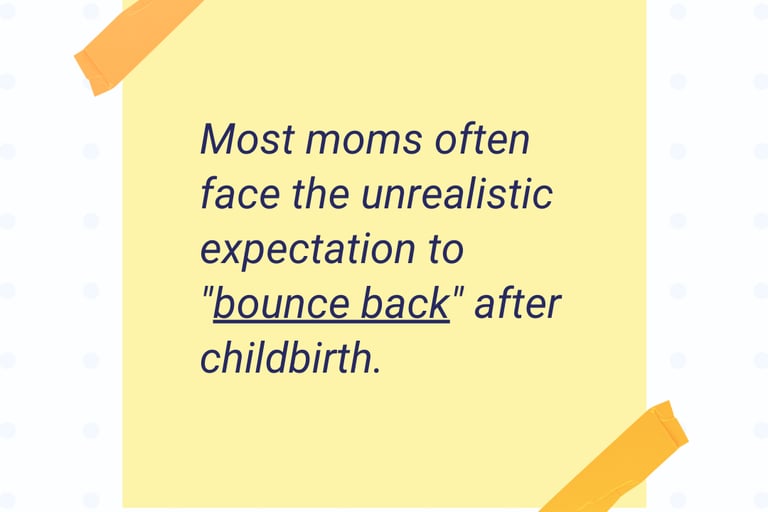

It was only a couple of months after giving birth to my daughter. I was scrolling on my social media feed when I saw a female celebrity's post. She also gave birth about 6 months ago or so. She looked so stunning wearing a bikini on the beach, as if she had never gotten pregnant. Toned abs. Slim figure. No stretch marks.
How Comparison Affected My Confidence
Feelings of insecurity went through me. I was hoping to also "look like her". I looked at my body in the mirror - my sagging belly filled with stretch marks and a C-section scar that has not yet fully healed. I weighed over 170 pounds at that time. Before having a baby, I only weighed about 120 pounds.
I knew that the celebrity had to lose weight fast because "looking good" is part of her job as an actress. She surely hired a team of weight loss experts - a personal trainer, a nutritionist, and a chef. She had all the resources I didn't have, which made me feel even more insecure.
When I Finally Decided to Start
It was during my daughter's first birthday party when a few relatives and friends commented about my weight. Some are even suggesting things like wearing belly binders, exercising, not eating too much, and so on. Those harsh comments affected me. I thought it was only a year after I gave birth, but why the pressure to lose weight fast?
Most moms often face the unrealistic expectation to "bounce back" after childbirth. We see this constantly on social media. Celebrities flaunt photos of their slim figures a few weeks or months after giving birth as if nothing happened. Ads about postpartum fitness classes, diet fads, and weight loss supplements circulate on social media. All these are causing us moms to feel pressured, overwhelmed, and insecure.
My Weight Loss Journey
I didn't start trying to lose weight until after my daughter turned 1. I came up with a plan to start a daily exercise regimen for 15 to 30 minutes. I wasn't new to exercising because I used to practice yoga and train for Muay Thai. Despite my prior knowledge and experience with working out, I did not know how to start. My body has changed a lot, and I feel worried about the possible complications of working out. I thought about my C-section scar and how working out may affect its healing. I was also breastfeeding, so I did not want it to affect my milk supply.
I started searching online for safe ways to lose weight as a postpartum mom. I researched articles about postpartum weight loss and followed experts sharing content about safely losing weight for postpartum moms. I joined online communities for new moms and connected with some friends who were also mothers. I also consulted my OB-GYN to ask for the go signal to exercise and safe recommendations about weight loss.
From 170 lbs to 120 lbs: A Year of Hard Work
My weight loss journey was not easy. I was overwhelmed with so much pressure between losing weight and being a good mom. Sometimes I am tempted to reach for that bag of chips. I felt like giving up when I wasn't seeing any progress.
I was fortunate to have a supportive family that reminded me to be kind to myself. That was when I realized I had to do it gradually. I need to allow my body to adapt to the changes and prevent injuries or complications. It took effort, mental energy, and time for me to get back to my pre-pregnancy weight. After a year, I lost about 50 pounds, from over 170 pounds to my usual weight of 120 pounds.
I was not able to take progress photos of my weight loss, which I regret, but I did find something for visual comparison. Below is a side-by-side photo of me: the one on the left was taken July 2023, where I weighed about 143 lbs, and the one on the right was me at 114 lbs on March 2024.
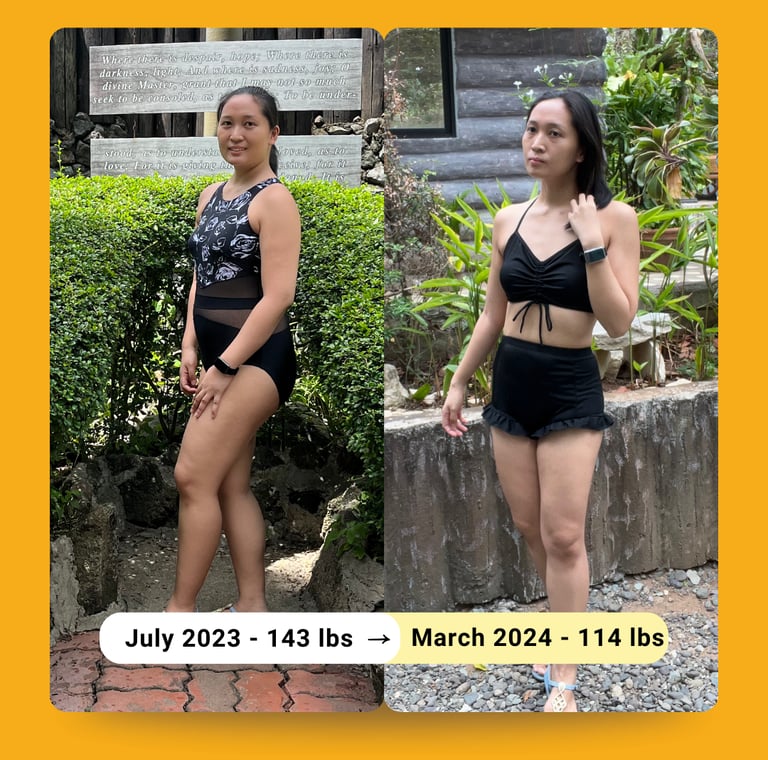

Healthy Weight Management for New Mothers
From my experience, losing weight after pregnancy requires patience, self-compassion, and evidence-based approaches. It starts with accepting and honoring the remarkable changes in your body from pregnancy to childbirth.
Weight gain during and after pregnancy is normal. Most mothers normally gain around 25 to 35 pounds during pregnancy. Six months after delivery, mothers normally weigh 10 to 15 pounds heavier than their pre-pregnancy weight. The uterus, the organ where your baby stayed and developed during pregnancy, takes about 6-8 weeks to return to its pre-pregnancy size. Postpartum moms also experience hormonal changes and may take months to stabilize. Thus, weight loss should occur gradually over several months.
Healthy Ways to Lose Weight After Giving Birth
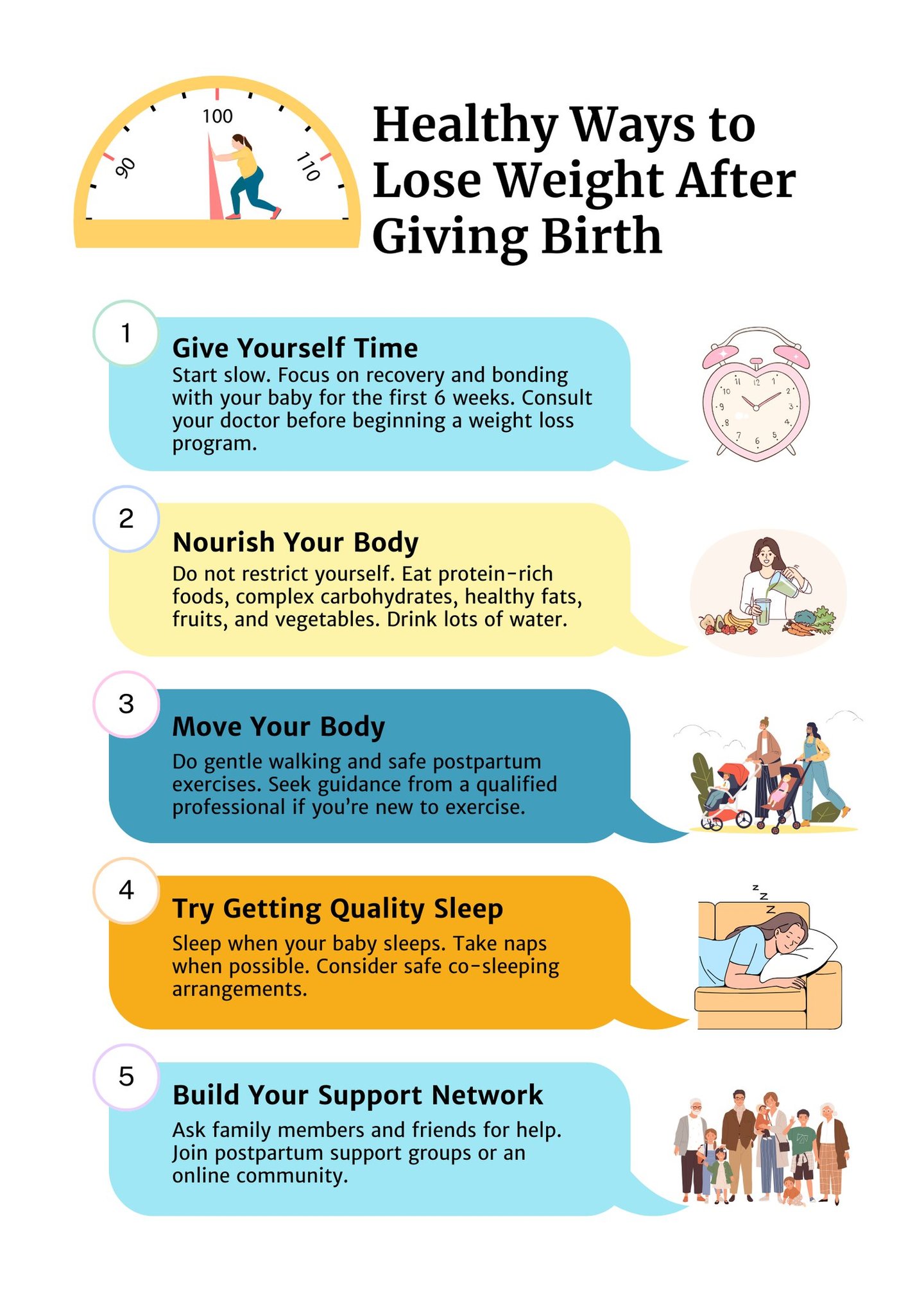

Postpartum weight loss has amazing health benefits if done safely and healthily. Building healthy habits like weight loss takes time and patience. Below are some safe and healthy tips to lose weight after giving birth.
1. Give Yourself Time
Your body went through a lot of changes - from nine months of pregnancy, to the pains of giving birth, and to recovering after delivery. You've done an amazing job, mama! Honor yourself and your body for enduring and surviving all those changes in the past months.
Focus on recovery and bonding with your baby for the first six weeks after giving birth. Attempting to lose weight during this period can delay recovery and lead to postpartum complications, like heavy bleeding, infections, or if you had a C-section, your wound may open up. Most healthcare providers recommend waiting 6 weeks postpartum before beginning any structured weight loss program. It is also best to consult your doctor about losing weight postpartum.
I did not start to lose weight until about a year after giving birth. I focused on healing and nourishing my body for a steady milk supply. Breastfeeding also helped with losing some weight. But I knew I had to do more to lose all the extra weight.
I did feel the pressure to lose weight fast because of the comments from my relatives and friends, and from what I see on social media. But I did not let those feelings affect me and lose focus on recovering and enjoying motherhood. Embracing my new role and bonding with my baby mattered more to me than the rude comments about my weight.
2. Nourish Your Body
The goal should be nourishment rather than eating less, especially if you're breastfeeding. Your body requires approximately 300-500 additional calories daily to produce milk, so don't restrict yourself.
Experts recommend that a postpartum diet include a variety of nutritious foods from all food groups.
Protein-rich foods such as lean meats, fish, eggs, legumes, and dairy support tissue repair for wound healing.
Complex carbohydrates like whole grains and starchy vegetables give you sustained energy throughout the day.
Healthy fats like avocados, nuts, and olive oil help with hormonal balance.
Fruits and vegetables contain vitamins, minerals, and antioxidants, which are essential for better recovery.
Drink lots of water for adequate hydration, which aids in milk production.
Avoid caffeine, alcohol, and processed foods.
Make use of calorie counter apps to help you track food and calorie intake. Just don't obsess over the number of calories. The goal is to give you an idea of portion size to help you know how much of a certain food you can eat.
Consider taking multivitamins to support your nutrition. Consult your doctor before taking any supplements.
What Worked for Me Over Time
I focused on eating whole foods that are rich in nutrients daily. My favorite meals included chicken, fish, eggs, fruits, and vegetables. I gave up on drinking soda and juices, and limited my intake of sweets and processed foods. It was hard for me not to eat sweets at all, so I allowed myself to enjoy sweet treats. I usually have a small piece of dark chocolate when I'm craving sweets. I still eat a slice of cake on special occasions, like birthdays and anniversaries. Depriving yourself completely of the foods you love can backfire and cause you to binge eat when you're craving them. So it's totally okay to eat your favorite food once in a while. I believe a healthy diet should be a balance of healthy foods and your favorite treats. I also used the Fatsecret™ app to track my calories, and it has helped me know how much food I can consume and check if I'm overeating. You can also consult a nutritionist if you want more guidance with your diet. I was lucky to have a co-worker who is a nutritionist, so I got healthy diet tips from her.
3. Move Your Body
Exercise has health benefits beyond weight loss. It improves mood, increases energy, and strengthens the body. Start slowly and progress gradually as your strength and endurance improve. Start exercising only when you feel comfortable and ready physically, mentally, and emotionally.
Perform basic pelvic floor exercises, as your pelvic floor muscles have weakened from pregnancy and childbirth. Pelvic floor exercises can help prevent and address problems like urinary incontinence and organ prolapse.
Do gentle walking around the house or outside if you feel like it. Walk for at least 10 minutes a day.
Do safe postpartum exercises that can help address diastasis recti or abdominal separation that commonly occurs postpartum.
Stay consistent. Short periods of movement, even just for 10-15 minutes daily, can already make a difference.
If childcare is a concern, consider attending mother-baby fitness classes, if possible.
Listen to your body. Rest when you need to. Increase exercise frequency or intensity only when you feel you're getting stronger and fitter.
If you're new to exercise, seek guidance from a qualified professional, like a physical therapist or exercise instructor, who is trained and experienced in postpartum fitness.
Certain exercises, like heavy weight lifting and abdominal crunches, may be harmful for postpartum moms. Always obtain clearance from your doctor before resuming or beginning exercise.
What Worked for Me Over Time
My previous experiences in yoga and Muay Thai training have helped me start an exercise regimen. I started working out for 10 to 20 minutes per day. I practiced yoga and did light walking. I also did core-strengthening exercises that are safe for diastasis recti (saving diastasis recti as a topic for another blog, wink). As I gain more strength and endurance, I slowly added Zumba and light weights to my exercise regimen. I stayed consistent, working out 4-5 days a week, which I still do until now. Exercising, after all, should not only be done to lose weight, but as a regular part of a healthy lifestyle.
4. Try Getting Quality Sleep
Sleep deprivation affects hunger hormones and metabolism, which has an impact on weight management. Getting 7-8 hours of uninterrupted sleep may not be realistic for most moms. I know, I've been there and still am, toddler mom here. Some ways can help maximize rest and sleep, even for just short periods:
Sleep when your baby sleeps, when possible. It can be tempting to do other house chores when the baby is asleep, but try to prioritize rest. You can ask your partner or a family member to assist with house chores to unload you of those tasks, so you can have more time to rest.
Share nighttime feedings with a partner or a family member if feasible. If you're exclusively breastfeeding, ask your partner or a family member to look after your baby for a few minutes or hours so you can take naps or sleep. Only wake up when your child needs to feed.
Make your bedroom comfortable and conducive to sleep with minimal distractions.
Consider safe co-sleeping arrangements. Ask your baby's pediatrician about current recommendations.
What Worked for Me Over Time
Getting enough sleep is always a challenge for me, as I am also working night shifts. What I found helpful was sleeping while my baby slept. Power naps also make a difference. I also hired a nanny to look after my kid while I slept during the day. You can consider hiring a nanny or house help, too, if possible. Or try to find ways to share tasks at home so you can have time to sleep. I am fortunate enough to have my mom help me out with house chores like cooking and cleaning. My husband looks after my kid at night so I can focus on work. I also take naps during my lunch break.
Check out my blog post on sleep for night shift workers. You can also find other helpful tips in that post.
5. Build Your Support Network
Weight management becomes more sustainable when you have an accountability buddy and others supporting you in your weight loss journey. Consider the following:
Have an exercise buddy, like your partner, a sibling, or a friend who is also a mom.
Join postpartum support groups or an online community where you can share experiences.
Ask family members to help with meal preparation or to look after your baby for a few minutes while you exercise.
Consult healthcare providers like your OB-GYN, nutritionists, or physical therapists who specialize in postpartum care so you can have proper guidance on your weight loss journey.
What Worked for Me Over Time
It takes a village to raise a kid (sometimes I feel like I need a SWAT team, lol). I started to see changes in my weight loss strategies when I accepted the fact that I could not do everything on my own. It's okay to ask for help. The people who truly care about you will understand that you also need to take care of yourself. They would even be happy to lend you a helping hand because they want you to be healthy and happy.
Beyond the Scale: Finding Deeper Motivation
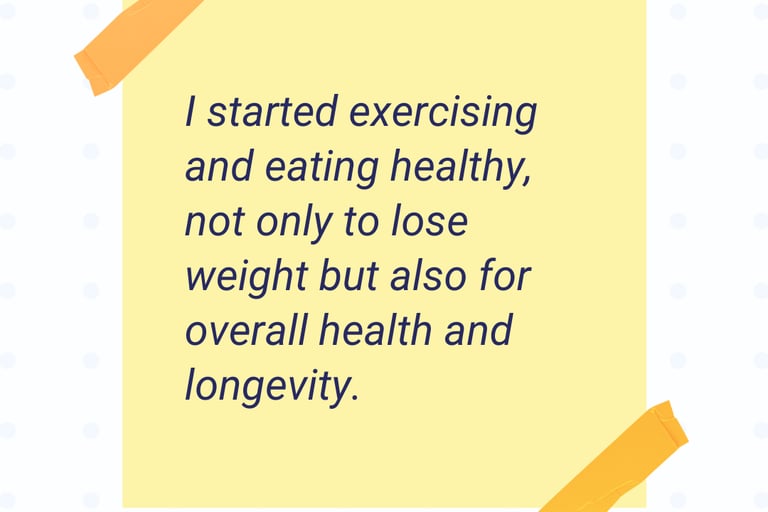

Looking good and feeling confident, as weight loss goals, are not inherently bad. They can be effective motivation to start exercising and eating healthy. But having them as your "only motivation" will not help you sustain a healthy lifestyle in the long term. There is a possibility that once you've reached your target weight, you may lose the motivation to continue exercising and eating healthy. I've been there. I used to only start an exercise program and a healthy diet when I wanted to lose weight. Once I lost the extra weight, I stopped exercising and shifted back to eating junk and fast foods, then gained all the excess weight and started over again. I was stuck in this vicious cycle of weight gain and weight loss for years, which is not healthy.
The Mindset Shift That Helped Me
When I became a mom, I started exercising and eating healthy, not only to lose weight but also for overall health and longevity. I wanted to stay healthy for the long run because I want to live longer. I want to minimize my risk of having lifestyle-related diseases such as diabetes and hypertension. I want to take better care of my kid and be with my family for a very long time. I want to be a good role model for my kid so she can make healthy choices as she grows older. These are my motivations that go beyond losing weight. And these keep me motivated to continue a healthy lifestyle until now that I have gotten back to my prepregnancy weight.
Find Your Why (That Goes Beyond Weight)
So now, I want you to think of adding motivations that go beyond simply losing weight and looking good. The ones that will help you keep going even when you're not seeing changes in the scale, when you feel like you're not making any progress, or when you feel like giving up. Weight loss can be frustrating if you're not seeing immediate results. Instead of just looking at the scale, focus on the overall health benefits. Do you feel a sense of accomplishment after finishing a workout? Have you been sleeping better since starting your weight loss journey? Do you feel like you're getting stronger and have more energy throughout the day?
In my experience, I felt less grumpy. I feel stronger lifting my baby when she wants to be held. I can also chase her around the house without going out of breath. I get to enjoy more time with her because I feel better and healthier. Focusing on those benefits helped me build my healthy habits and stick with them even on days when I don't feel motivated.
Holistic Health Beyond Weight
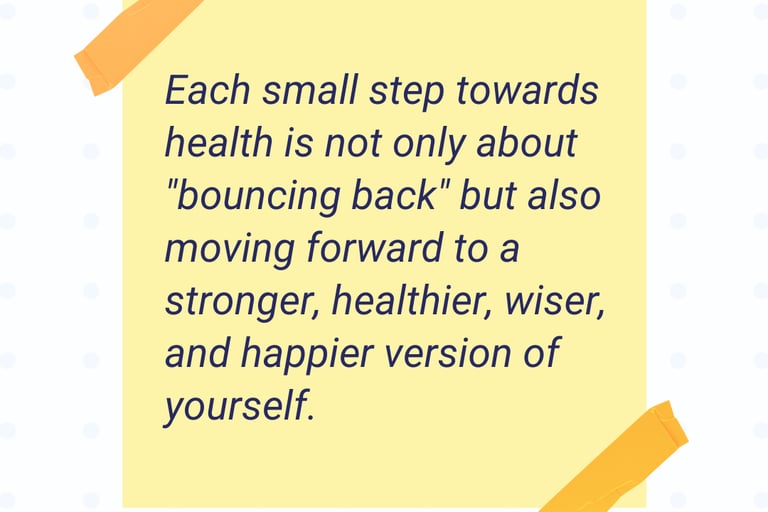

Being healthy overall and in the long term should be the goal instead of simply losing the baby weight to look good. Your postpartum journey is unique. What works best for others may not work for you, and vice versa. Don't feel pressured if someone seems to lose the baby weight more easily. Focus on building long-term healthy habits like proper nutrition, gradual physical activity, adequate rest, and emotional well-being. These can help you achieve your healthiest weight (and your healthiest self!) while embracing your new role as a mother.
Honor your body and the journey of bringing a new life into this world. You are strong and incredible. Each small step towards health is not only about "bouncing back" but also moving forward to a stronger, healthier, wiser, and happier version of yourself. Always remember that wherever you are in your journey, you're doing an amazing job, beautiful mama. 💕
How are you on your postpartum health journey? I'd love to hear your story.
Disclaimer: This blog post is based on personal and professional experience and is intended for informational and educational purposes only. This is not a substitute for professional medical advice, diagnosis, or treatment. Always consult with your healthcare provider for specific questions or concerns regarding your health.
